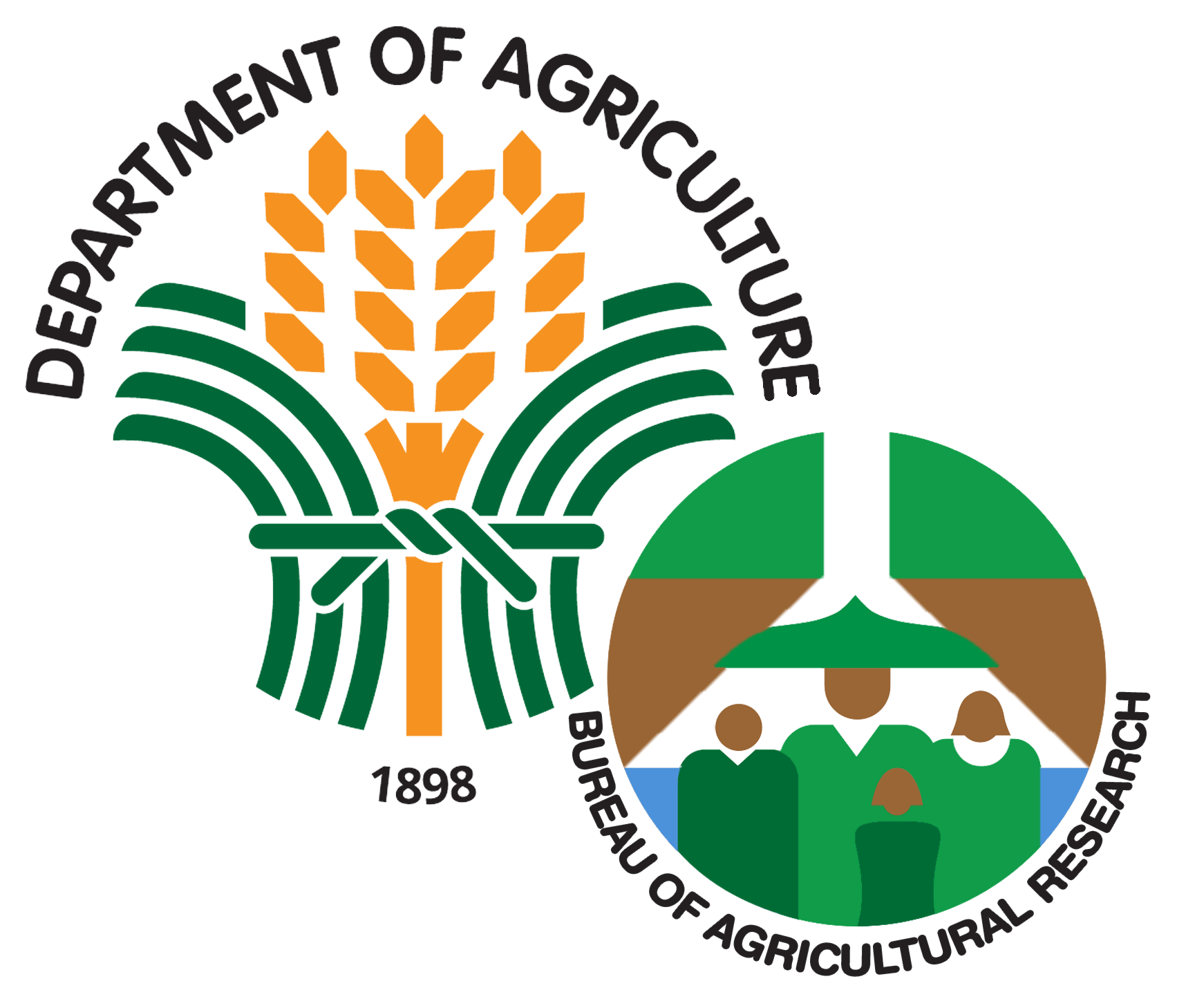“Ang atin pong mga farmers ay mayro’n nang kaalaman, ang importante lang is dapat ma-guide natin sila sa mas tama,” said Philippine Good Agricultural Practices (PhilGAP) inspector and DA-Lipa Agricultural Research and Experiment Station (LARES) chief Virgillia D. Arellano during the DA-BAR webinar on 20 April 2023 through Cisco Webex and Facebook Live.
PhilGAP, a program established by DA-Bureau of Plant Industry in accordance with the Food Safety Act of 2013, aims to promote and implement Good Agricultural Practices among farmers, processors, traders, and other stakeholders in the agricultural sector in the Philippines.
In the said webinar, Arellano highlighted the four components of PhilGAP comprising food safety, produce quality, environmental management, and the health, welfare, and safety of workers. She then went on to discuss the 5S approach, which promotes cleanliness and organization in the workplace and explained how it can also be implemented in agricultural operations.
According to Arellano, the primary objective of PhilGAP is to ensure that agricultural products are produced, handled, and processed using safe and sustainable practices that meet the requirements of both domestic and international markets. By following GAP standards, farmers can minimize the risks of food safety hazards (biological, chemical, physical) and environmental impacts while improving the quality and competitiveness of their food products.
“Ang ating PhilGAP ay harmonize with the ASEAN GAP, so pwede tayo makipagsabayan sa mga produkto na mayro’n ang ating mga karatig na bansa,” Arellano said.
During the webinar, Arellano also shared information about the DA-CALABARZON PhilGAP Certification Scheme, which serves as a guide for farmers seeking PhilGAP Certification. The scheme comprises 12 steps that farmers must adhere to in order to receive their certificate. A new development involves the PhilGAP Outscaling project in Magallanes, Cavite, which aims to provide certification to farmer partners.
One of the successful farms certified under PhilGAP is the MAGSAMAKAME farmers' cooperative located in Magallanes. With support from the Jollibee Group Foundation and their GAP certification, the cooperative has expanded its market and increased its tomato supply. Currently, they deliver a minimum of 500 kilograms of tomatoes per order to Jollibee.
Despite its benefits, PhilGAP has not yet been implemented throughout the Philippines, and Arellano mentioned that compared to other ASEAN countries, where thousands of crops are GAP certified, the country lags behind.


